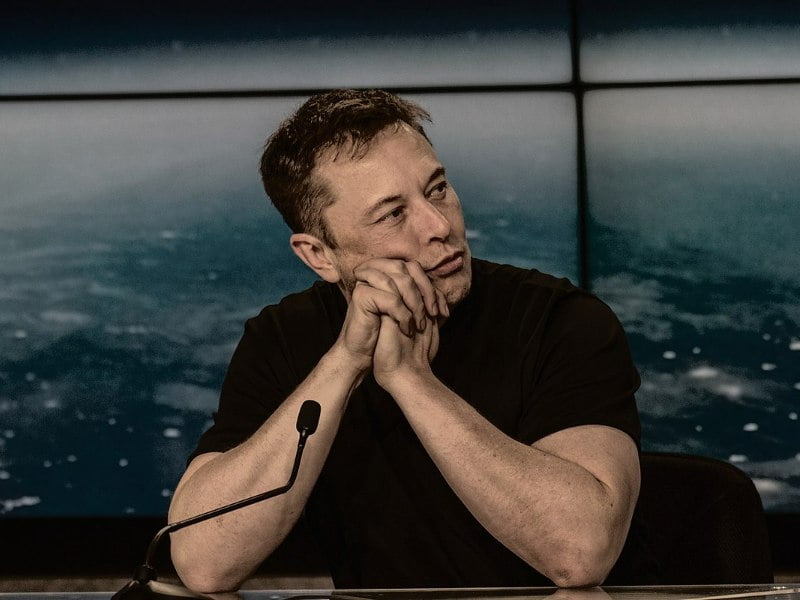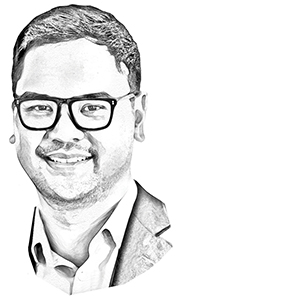You’ve been thinking about it, been creating excuse after excuse in your mind, justifying how you can leave all the connections you’ve built up. But it has become inexcusable to remain on X/Twitter – now a genuine propaganda machine spewing hate and disinformation to undermine facts, our information ecosystem and democracy.
If leaving because of the scandals, the erratic product changes, promotion of abhorrent content, vile hate speech or the conspiracy theories wasn’t reason enough, X was also used to mobilise a type of ‘citizen journalism’ that favoured lies or just outright fiction, made a villain out of news organisations, and created an alternate reality all to favour a Donald Trump victory.
There is no doubt that X played a material role in electing Donald Trump as US President. After buying Twitter and transforming it into X, Musk wasted no time in turning it into his own personal propaganda machine, demonising critics and the news media, while amplifying supporters, cryptobros, and toxic masculinity idols, nurturing the kind of disaffected groups that supported Trump. Once he gave his formal endorsement, X became one of the most important channels for the Trump campaign.
The idea that elections and information infrastructure can be bought, and used for the benefit of the powerful is not new, but in an increasingly fragile democracy, we should all balk at the thought, and actively resist it.

A key issue is that our public square has shifted from public places of accountability to private platforms subject to commercial pressures, and the whims of its CEOs.
Musk isn’t the only tech CEO who has to answer for what happened in the US elections. Jeff Bezos actively stopped The Washington Post from endorsing Kamala Harris in the critical final weeks of the election campaign, a move that reportedly cost The Post 10% of its digital subscribers, who quit the publication in outrage.
Mark Zuckerberg, Sundar Pinchai, Sam Altman all too readily kowtowed to Donald Trump as soon as the results were confirmed, despite past issues with Trump and his administration. Collectively, these tech CEOs control the social media platforms, the search engines, and the technology that dictate what we see online, how we communicate, how we exchange information in the present, and soon, the AIs that will mediate our reality into the future.
It turns out it’s not social media platforms, or AI that is the threat to democracy, but the billionaires who own them, not understanding, or more likely not caring that there is a moral responsibility attached to controlling a significant portion of the world’s information infrastructure. ‘Were not publishers’ they decry. ‘We don’t want to decide what should be said, and what not to be said’, they claim.
So indeed they don’t – and they do nothing, when their platforms are used to amplify hate, when their algorithms share lies and disinformation far and wide, when the most heinous bad actors are profiled and rewarded.
The fault lies with us really, as well as legislators – for having put them in those pedestals in the first place. For over a decade we allowed private social media platforms to infiltrate our public square, slowly morphing public interest journalism into pay per click infotainment. We kept ceding ground and validating attention-seeking influencers who don’t care for information accuracy or quality, but only in an engagement-at-all costs model to keep us glued to their livestreams and their life-as-content profiles.
Too late, we came to the realisation that this environment was harmful, and unsustainable. We are now retroactively trying band aid solutions like underage social media bans, and tech funding for news, but the damage has been done.
As we face news deserts and a waning media influence, we must grapple with the hard truths of our broken information ecosystem, and begin the work of creating a public square that is built to support democracy, not undermine it, that is not used by its billionaire owners as their personal megaphone, or controlled by private interests.
If it feels like hard work, it’s because it is, and will continue to be for the foreseeable future. But like most things, all it takes to start is a single step. And that step can be leaving behind toxic platforms like X that we know are poison.
Jordan Guiao is Director of Responsible Technology at Per Capita’s Centre of the Public Square and author of Disconnect: Why we get pushed to extremes online and how to stop it
Do you know more? Contact James Riley via Email.


So to summarise, the author is not happy that freedom of speech has been reinstated and would prefer the totalitarian regime that was in place prior to Mr Musks’ acquisition. One might assume the author is also in favour of the recent attacks on free speech in Australia and the digital ID and State Parenting laws that have been proposed.
The company is under new management and there will inevitably be changes in the Product and operating protocols to match the owners vision. No one should be complaining about this.
Twitter was a captured organisation with algorithims tuned to support a single narrative, as evidenced by the release of the Twitter Files. It has become the only free speech platform. It messages exit on the platform that offend your sensibilities then vote with for feet and leave, but don’t demand that other should be denied the opportunity to see and asses dissenting views for themselves.